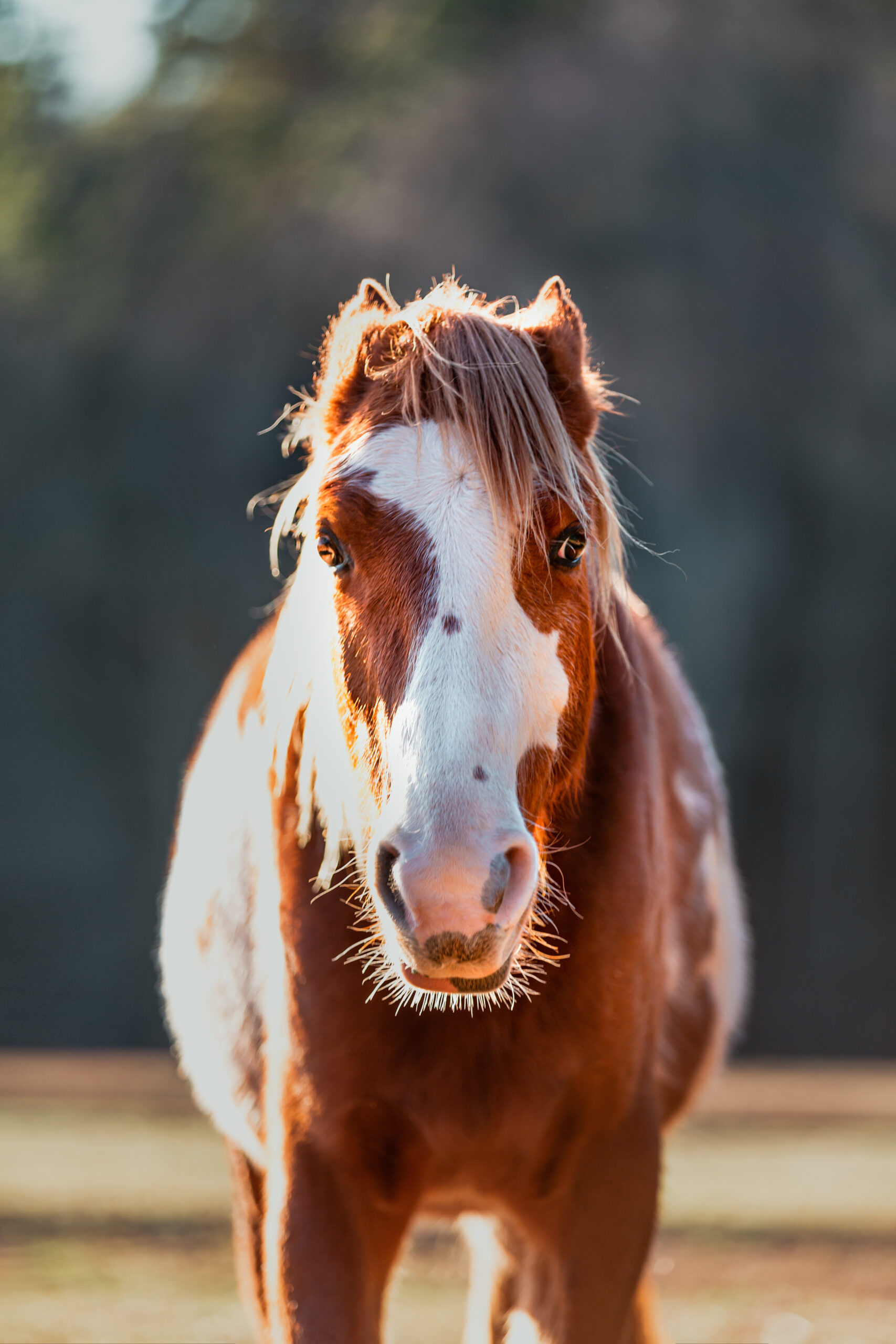[ad_1]
A new study from the University of California, Davis, challenges the common assumption that misbehavior in mares is often linked to “elevated ovarian hormones.”
Case histories
The California researchers reviewed 2,914 hormonal profiles of mares referred to the UC Davis Clinical Endocrinology Laboratory and the Equine Reproduction Service with case histories that contained the terms “behave,” “behavior” or “behaving.” They then analyzed the data for any association between reported abnormal behaviors and concentrations of testosterone and other hormones produced by the ovaries.
Hormones and misbehavior
The researchers found that abnormal behaviors (misbehavior) were associated with elevated hormone concentrations in less than 10 percent of the study samples. They report that only stallion-like behavior was correlated to elevated hormone levels. That behavior was defined as vocalizations, biting and/or mounting other horses. In contrast, simple aggression and other abnormal behaviors were significantly less likely to be associated with elevated hormone levels.
Mare behavior: It’s complicated
Ultimately, say the researchers, “These results highlight the assumption about the involvement of ovarian hormones in ‘abnormal behaviors’ of mares.” But, they conclude, “abnormal behaviors among mares… were not associated with increased ovarian hormones.”
Reference: “Abnormal mare behavior Is not often associated with changes in hormonal markers of granulosa cell tumors: A retrospective study.” 68th Annual American Association of Equine Practitioners Convention Proceedings, November 2022
Don’t miss out! The free weekly EQUUS newsletter delivers horse health information right to your in basket! If you’re not already receiving the EQUUS newsletter, click here to sign up. It’s *free*!
[ad_2]
Source link
